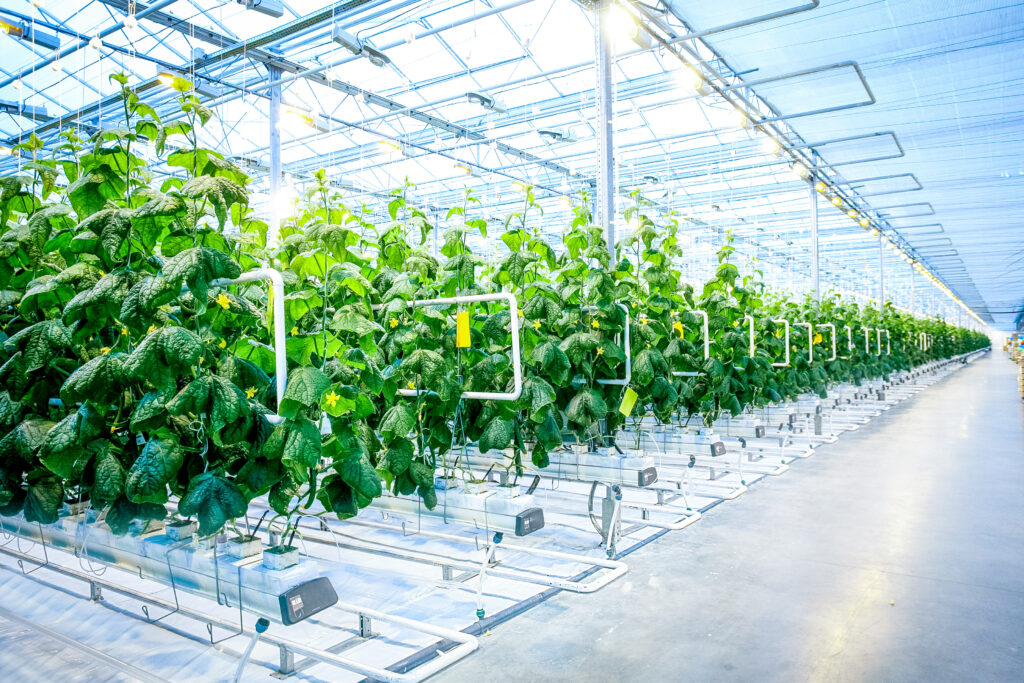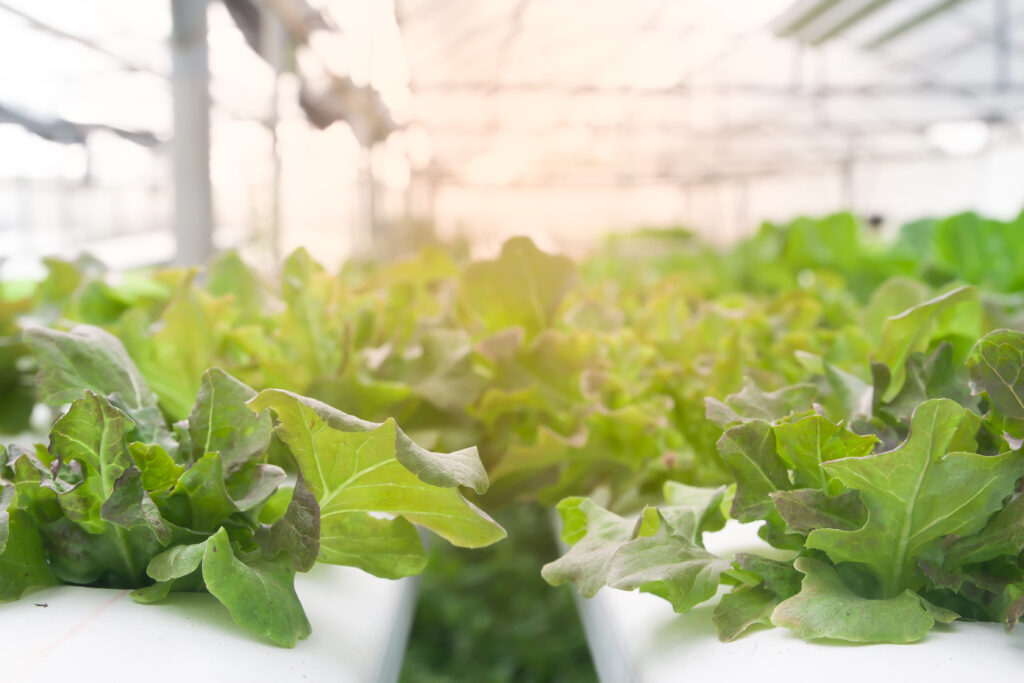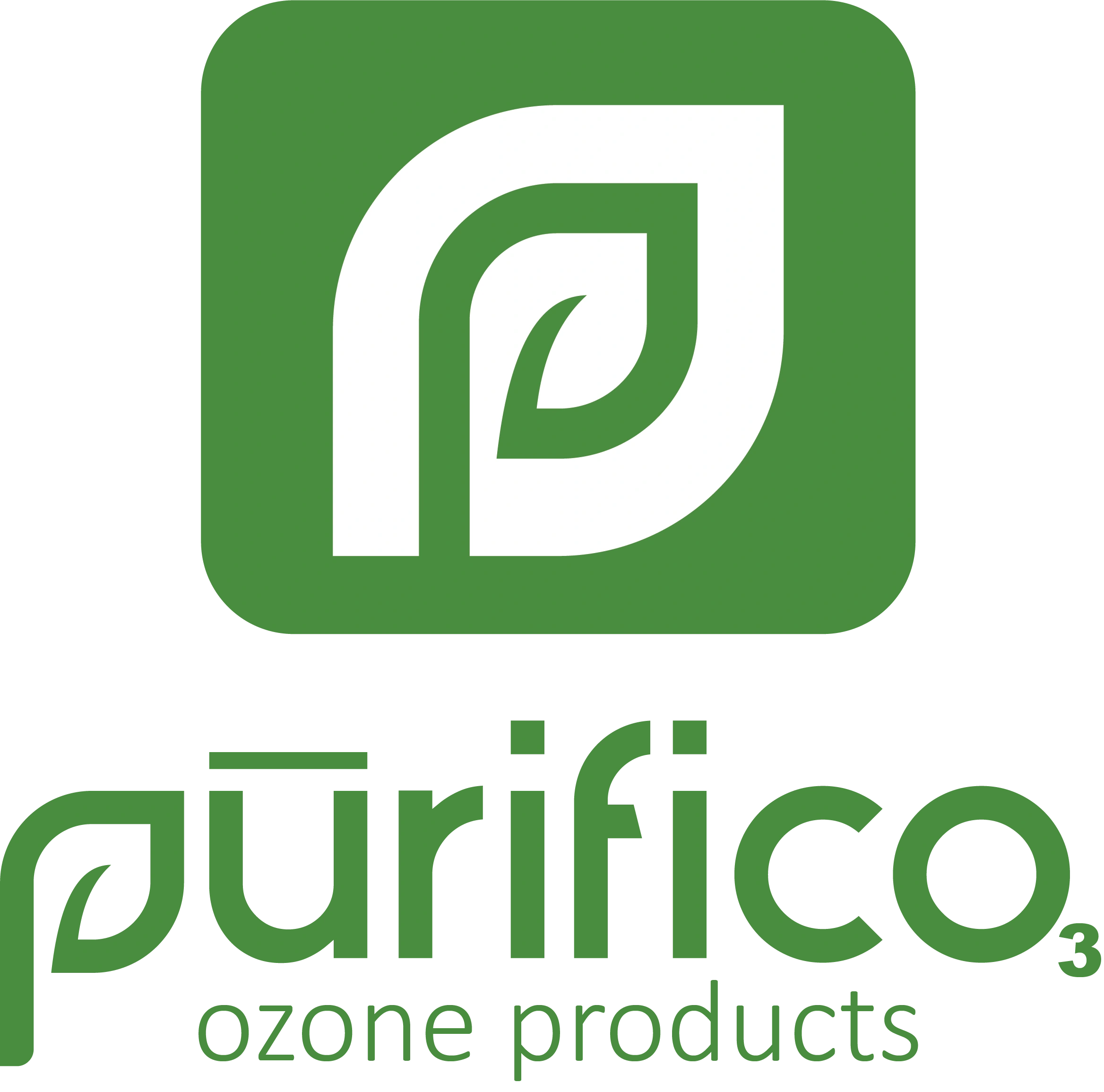In modern agriculture, the quest for sustainable and efficient farming practices has never been more crucial. As water resources become scarcer and the demand for higher crop yields increases, innovative solutions like ozone water treatment are emerging as vital tools for the agricultural sector.
Ozone, a powerful oxidant, is revolutionizing water treatment by providing a higher level of disinfection and purification than other methods, enhancing farm productivity, improving water-use efficiency, and providing a chemical-free approach to water treatment. This article explores how ozone water treatment can transform agricultural practices, offering a sustainable and efficient solution for farmers.
Understanding Ozone Water Treatment
Ozone (O₃) is a highly reactive molecule composed of three oxygen atoms, known for its powerful oxidizing properties. It is widely recognized for its ability to eliminate a broad spectrum of pathogens, including bacteria, viruses, and fungi, without leaving harmful residues.
Unlike traditional chemical disinfectants, ozone decomposes into oxygen after its reactive cycle, making it environmentally friendly and safe for use in agricultural settings.
The application of ozone in horticulture primarily involves the treatment of irrigation water, reservoirs, and nutrient solutions. Ozone is generated on-site using electricity through a process that concentrates atmospheric oxygen and then converts it into ozone gas.
This approach not only ensures a consistent supply of ozone but also eliminates the need for storing hazardous chemicals, reducing the overall environmental impact.
Most Effective Technology
Ozone offers superior disinfection compared to any other water treatment technology used in agriculture. As the strongest oxidant available, ozone reacts rapidly, instantly destroying microorganisms by rupturing cell walls and breaking down their DNA.
It effectively eliminates all waterborne pathogens and is completely safe for plants. In sensitive applications, ozone can be contained to specific parts of the irrigation system using filters that convert it back into oxygen. When water quality is critical, no solution delivers better results than ozone.
Benefits of Ozone Water Treatment in Agriculture

1. Enhanced Crop Yield
Ozone treatment improves crop yield by creating a healthier growing environment for plants. By disinfecting irrigation water, ozone eliminates harmful pathogens that are responsible for plant diseases. This reduction in disease pressure allows plants to allocate more energy toward growth and fruit production, resulting in higher yields.
Additionally, ozone enhances the availability of oxygen in the root zone, which promotes healthier root development and better nutrient uptake.
Ozone-treated water is also free of chemical residues that can accumulate in soil and harm plants over time. Unlike chlorine or other disinfectants, which can leave behind residues such as chlorides that are detrimental to plant health, ozone breaks down into pure oxygen, fostering a more conducive environment for plant growth.
2. Improved Water Efficiency
Water scarcity is a critical challenge in agriculture, and ozone water treatment offers a solution by improving water-use efficiency. Ozone can disinfect water and reduce organic contaminants much more effectively than other technologies, enabling the safe recycling of irrigation water, and significantly cutting down the overall water consumption on farms. This not only conserves water but also reduces the costs associated with water usage and treatment.
Ozone can also prevent the contamination and clogging of irrigation systems caused by biofilm formation and particulate matter. By breaking down organic materials and keeping the irrigation lines clean, ozone ensures that water flows efficiently throughout the system without the need for frequent maintenance.
3. Reduction in Chemical Use
Traditional agricultural practices often rely on a range of chemicals for pest control, water treatment, and nutrient management. However, the overuse of these chemicals can lead to environmental degradation and pose health risks to both farmers and consumers.
Ozone water treatment reduces the need for chemical disinfectants and pesticides by providing a broad-spectrum solution that is effective against all agricultural pathogens.
By eliminating pathogens in the water supply, ozone reduces the incidence of diseases in crops, which in turn minimizes the need for fungicides and other chemical treatments. This not only lowers the cost of chemical inputs but also supports organic farming practices, making it easier for farmers to meet stringent organic certification standards.
Applications of Ozone in Agricultural Water Management
1. In-line Water Treatment
One of the primary applications of ozone in agriculture is the treatment of irrigation water. Ozone systems can be installed to treat water in-line, ensuring that all water applied to crops is free of pathogens and contaminants.
This is especially beneficial for greenhouse and other high-value crops that are susceptible to waterborne ptahogens. By treating the water at the point of use, ozone ensures that pathogens are neutralized before they can come into contact with crops. Furthermore, ozonated water can be applied in a drench-style application to eliminate pathogens residing in substrates that would otherwise require pesticide use.
2. Reservoir and Tank Management
Ozone can be used to treat water stored in reservoirs and tanks, preventing the growth of algae and other microorganisms that can degrade water quality. For nutrient solutions used in hydroponics or fertigation systems, ozone helps maintain the purity of the solution, preventing microbial growth that could otherwise disrupt nutrient balance and uptake.
Ozone treatment systems can be tailored to the specific needs of different agricultural operations, with options for continuous low-dose treatment or high-dose shock treatments to clean and disinfect reservoirs and equipment. This flexibility makes ozone a versatile tool for various water management challenges in agriculture.
Optimizing Ozone Use in Agricultural Settings
For ozone treatment to be effective, it is important to consider factors such as water quality, ozone concentration, and contact time. The efficacy of ozone disinfection is influenced by the concentration of ozone dissolved in the water and the duration of exposure to pathogens.
Higher levels of organic matter or other contaminants in the water may require greater ozone concentrations or longer contact times to achieve desired disinfection levels.
Monitoring and controlling the Oxidation-Reduction Potential (ORP) is a common method used to optimize ozone dosage in agricultural water treatment. ORP sensors can provide real-time data on the oxidative state of the water, allowing for precise adjustments to ozone levels to maintain optimal disinfection conditions without overuse.
Challenges and Considerations

While ozone water treatment offers numerous benefits, there are some challenges to consider. The initial investment in ozone generation equipment can be significant, and proper system design is crucial to ensure efficient ozone delivery and distribution. Additionally, the reactivity of ozone means that it must be carefully managed to avoid potential damage to sensitive crops or beneficial microorganisms in the soil.
Despite these challenges, the long-term benefits of ozone water treatment, including reduced chemical use, improved water efficiency, and enhanced crop yields, make it an attractive option for sustainable agriculture. As technology advances and the cost of ozone systems decreases, it is likely that more farmers will adopt this innovative approach to water management.
Conclusion
Ozone water treatment represents a powerful tool for enhancing agricultural productivity and sustainability. By improving water quality, reducing chemical inputs, and promoting healthier crop growth, ozone offers a holistic solution to some of the most pressing challenges faced by modern agriculture.
As the agricultural sector continues to evolve, ozone treatment will play an increasingly important role in shaping the future of sustainable farming practices.
For farmers seeking to boost crop yields and optimize water usage, embracing ozone technology could be a game-changing decision that supports both economic viability and environmental stewardship.


